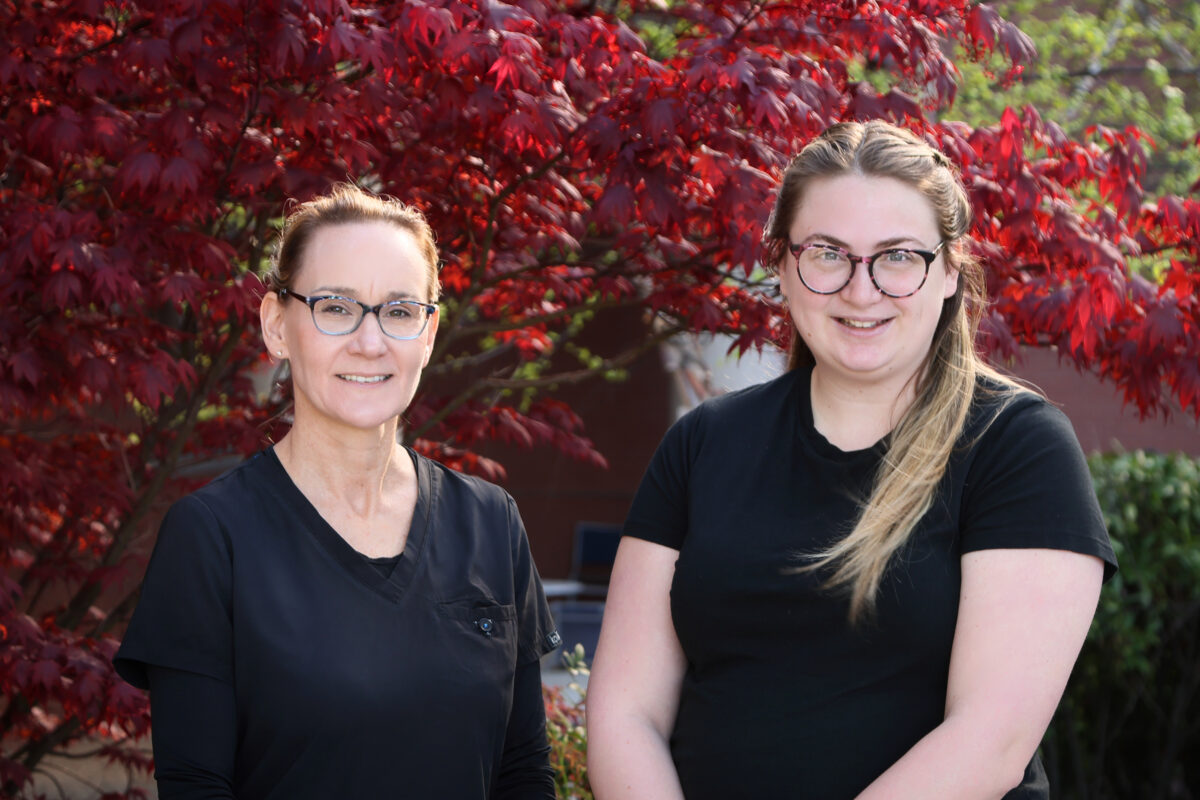Post Stroke Mental Health and the Benefits of Community Reintegration/Involvement

Date: July 11, 2024
Categories: Health Focused
By Emily Kwolek, CTRS, CDP
Augusta Health Recreation Therapist
Shenandoah Stroke Support Club Coordinator
Stroke is the fifth leading cause of death in the United States and is also a leading cause of long-term disability. Stroke survivors are often left with physical, cognitive, social, and emotional deficits that limit their quality of life. Depression affects 25-40% of stroke survivors within the first year after the stroke and is most evident within the first two years post-stroke. Depression is the most common mental health issue after a stroke and has been linked to slower recovery and lower quality of life. Depression can manifest as any or a combination of the following: feelings of sadness, loneliness, irritability, worthlessness, hopelessness, agitation, and guilt. In turn, Post Stroke Depression begins to increase social withdrawal, which in turn worsens depression. Social withdrawal is common post-stroke and is recommended to be dealt with early in stroke recovery through community reintegration/involvement to limit its negative impact.
Community reintegration is one of stroke rehabilitation’s most important and underestimated areas. It refers to returning to the mainstream activities of family and community life. Community reintegration/involvement allows for building a support system, increasing confidence, improving mental well-being, and gaining a deeper knowledge of community resources. Both community support and involvement have a profound impact on the quality of stroke survivors.
Augusta Health Acute Care offers resources throughout the continuum of care to allow for early intervention in leisure and community reintegration. Depending on post-stroke needs, Augusta Health provides treatment in home health, outpatient, and inpatient rehabilitation settings. Augusta Health also aims to focus on recovery after discharge by offering a stroke support club sponsored by the recreation therapy department.
The Shenandoah Stroke Support Club allows stroke survivors and their families to support each other as they strive to rebuild their lives and promote health, independence, and well-being. The club meets on the first Thursday every month from 12 to 1 p.m. in the Augusta Care Center conference room 1 on the Augusta Health Campus.
For more information or to join the stroke club, please get in touch with Emily Kwolek, CTRS, at ek3330319@augustahealth.com or 540-332-4052.
